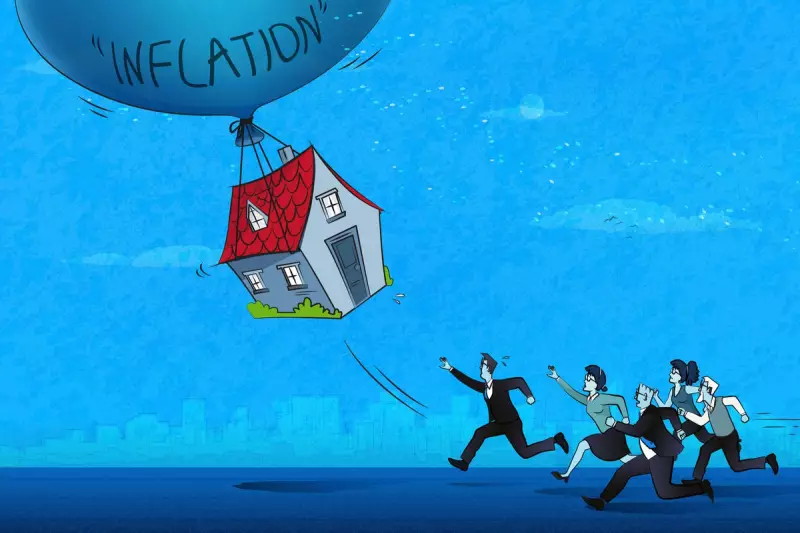
Inflation in the UK has dropped to 3.4%, marking its lowest level since September 2021, according to the latest figures from the Office for National Statistics (ONS). This decline brings some much-needed relief for households grappling with soaring costs over the past two years.
What Does This Mean for Your Finances?
The easing inflation rate signals a potential shift in the Bank of England’s monetary policy, which could influence interest rates on mortgages, loans, and savings accounts. Here’s a breakdown of the key implications:
Mortgages
With inflation slowing, pressure on the Bank of England to raise interest rates further may ease. This could stabilise mortgage rates, offering respite to homeowners facing steep repayments. However, analysts warn that any significant cuts to the base rate are unlikely in the immediate future.
Savings
Savers may see lower returns as banks adjust interest rates downward in response to falling inflation. While this is good news for borrowers, those relying on savings income might need to reassess their financial strategies.
Everyday Costs
Food and energy prices remain elevated but are rising at a slower pace. The drop in inflation suggests that the worst of the cost-of-living crisis could be behind us, though many households will still feel the pinch.
What’s Next?
Economists predict inflation could fall closer to the Bank of England’s 2% target by the end of the year, but geopolitical risks and wage growth could still disrupt this trajectory. For now, the focus remains on whether the central bank will hold or cut rates in the coming months.





